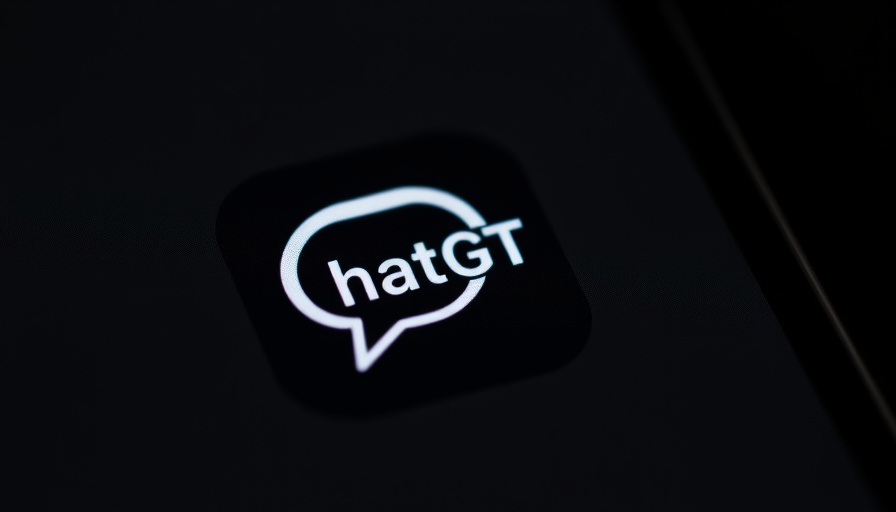
Surging Popularity of ChatGPT Search in Europe
OpenAI’s ChatGPT search function is gaining momentum across Europe, with recent data from OpenAI Ireland Limited revealing an impressive increase in average monthly active recipients—increasing from 11.2 million in late 2024 to approximately 41.3 million by March 2025. This rapid growth marks a pivotal moment for AI-driven search tools, as they begin to carve out a place in a market dominated by traditional giants like Google.
The Digital Services Act and Implications for AI Platforms
With growth comes responsibility. OpenAI must comply with the European Union’s Digital Services Act (DSA), which regulates online platforms, particularly those with a substantial user base. ChatGPT search is nearing the threshold of 45 million active users, which triggers specific compliance obligations that include allowing users to opt-out of data profiling and providing transparency about how data is used. The ramifications for non-compliance are severe—potential fines up to 6% of global revenue and possible suspension of services within Europe.
ChatGPT vs. Traditional Search Engines
As ChatGPT search rises in popularity, it faces competition from established search engines like Google, which still commands a significant majority of online searches—an estimated 373 times more than ChatGPT. Despite its recent traction, a September poll indicates that only about 8% of participants would choose ChatGPT as their primary search engine over Google. While ChatGPT offers a novel approach to information retrieval, its effectiveness compared to traditional methods remains uncertain.
Challenges and Accuracy Concerns
While the growth of ChatGPT search is impressive, researchers have raised concerns about its reliability. A notable study highlighted that ChatGPT misidentified a staggering 67% of the articles it was prompted to search for. Furthermore, its treatment of news content has surfaced issues, particularly regarding articles from publishers with which OpenAI has licensing deals. These accuracy challenges could hinder users' trust in the platform, effectively undermining the advantages offered by real-time searching capabilities.
The Future Landscape of AI Search Technologies
The surge in AI-driven search technologies underscores a crucial shift in how individuals access information. As OpenAI continues to innovate, the demand for smarter, faster, and more relevant answers will only intensify. Looking toward the future, there may be opportunities for collaboration between AI companies and traditional platforms, as well as advancements in accuracy and accessibility through improved algorithms and compliance with legal frameworks.
Embracing the Change in Digital Information Retrieval
For consumers and businesses alike, understanding the changes brought about by AI search tools like ChatGPT is vital. This emerging technology offers new possibilities for information return—enhancing engagement and potentially reshaping how users seek knowledge online. Staying informed about these shifts can empower users and organizations to navigate this evolving landscape more effectively.
 Add Row
Add Row  Add
Add 



Write A Comment